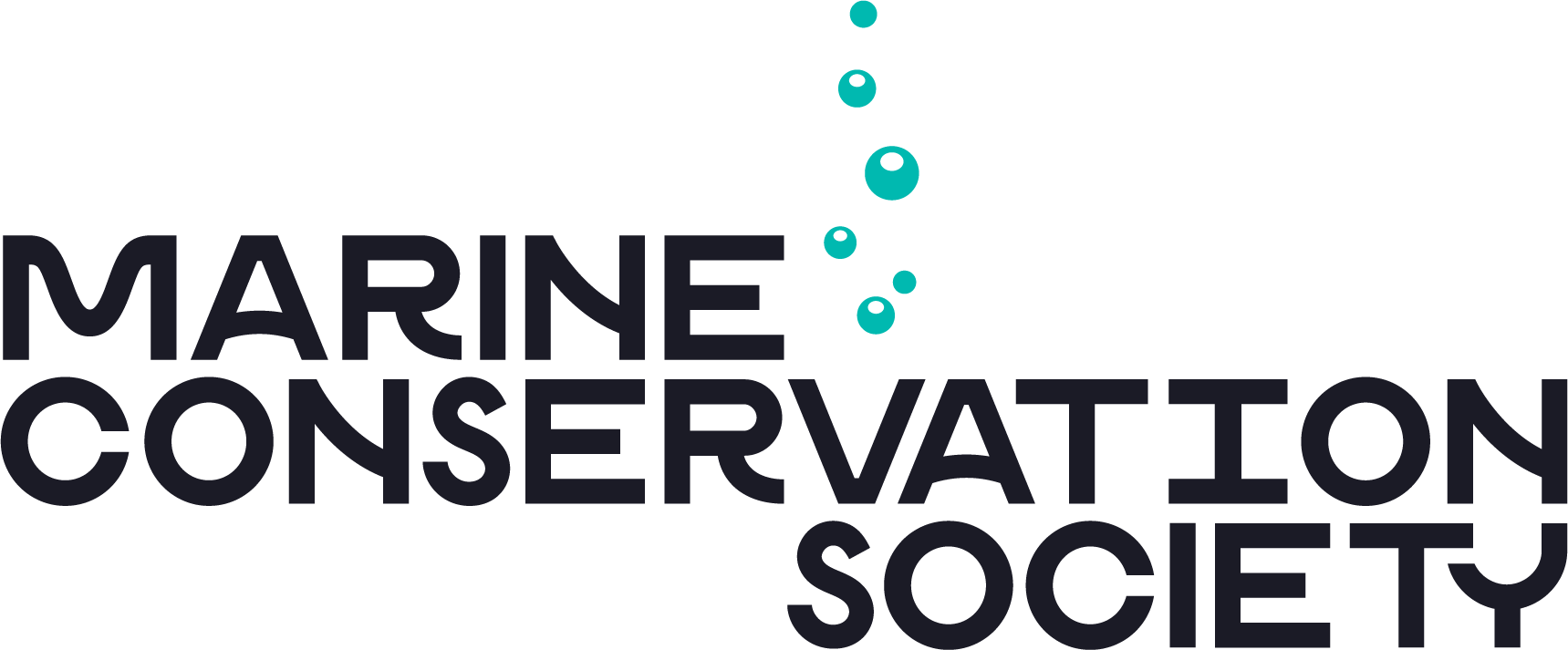
The practice of farming fish and shellfish is known as aquaculture. In Cornwall the main aquaculture species are currently mussels and oysters (shellfish). Currently the largest aquaculture operation is in St. Austell Bay, where two companies are successfully farming mussels using rope culture systems. This method of aquaculture has minimal impact on the environment and creates a natural refuge for other species (such as cod, bass and pollack) that feed around the hanging ropes of growing mussels. Oysters are farmed in the Helford and Camel Estuaries. The most common method used to farm oysters is bag culture from racks on the shore.
Finfish aquaculture in Cornwall is restricted to a few small-scale trout farming operations, as marine finfish aquaculture has yet to be developed in Cornwall. In-situ marine aquaculture takes up space in the environment and is geographically restricted by exposure and the power of Cornwall’s tides, waves and weather systems.
Farmed bass and gilthead bream are often offered for sale in supermarkets and restaurants. These are not farmed in Cornwall, and the majority are imported from Mediterranean countries where fish are grown in lagoons and sea pens. There are many documented cases where this has been carried out with great detriment to the natural environment. The taste and quality of farmed fish is generally far poorer than that of wild caught fish, and they have a far greater carbon footprint and environmental cost. Farmed bass and bream are frequently offered for sale at a size significantly below the minimum landing size for wild caught fish.
Find out more on our Aquaculture in Cornwall page.


Cornwall Good Seafood Guide is underpinned by the Marine Conservation Society (MCS) Good Fish Guide. The first UK consumer guide to sustainable seafood. For more information visit www.fishonline.org
Cornwall Good Seafood Guide is here to help us all make sustainable seafood choices. Choices that will help us keep the oceans healthy and Cornish fishers' futures safe. This website is funded by Cornwall Wildlife Trust. If you would like to make a meaningful difference to the health of our oceans, please consider making a donation to the Cornwall Wildlife Trust Ocean Emergency fund. Your donation will help safeguard these remarkable environments, ensuring that they continue to thrive for generations to come. Together, we can be stewards of the seas and champions for a healthier, more sustainable future.